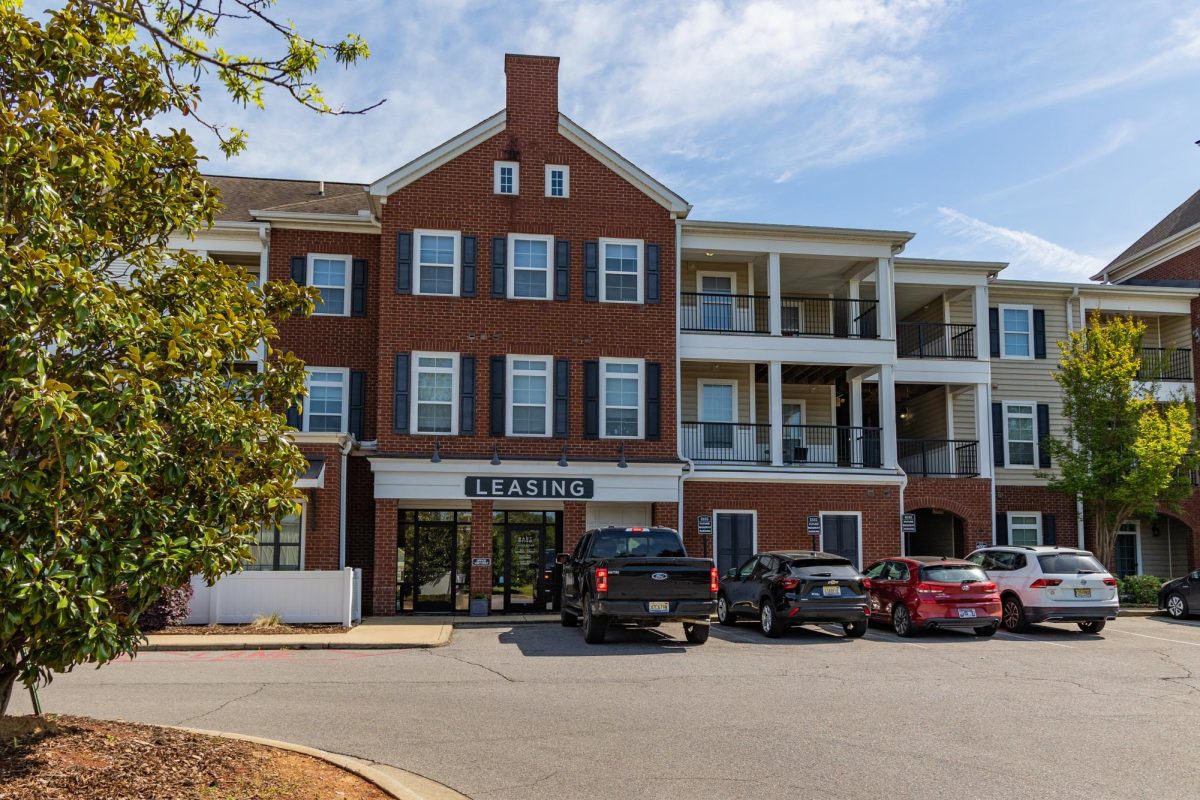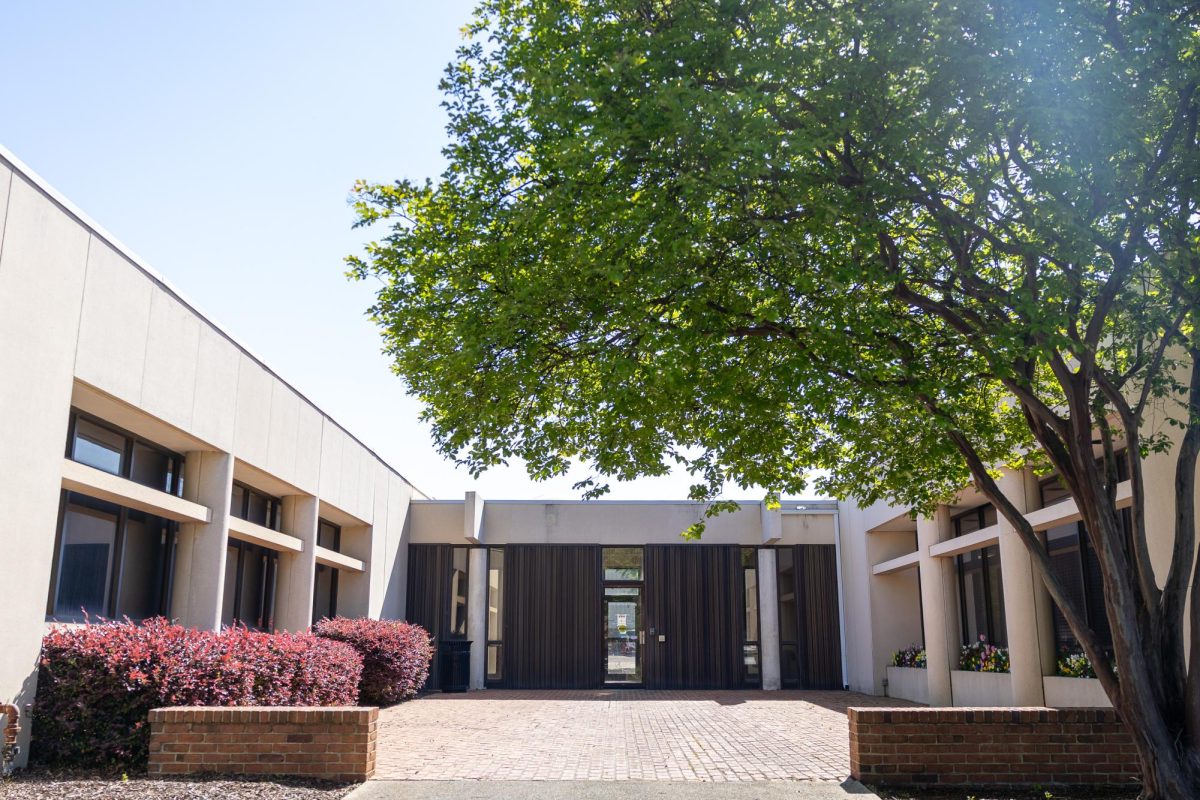The plans for three new downtown development projects were approved by the City Council Tuesday, Oct.1, despite opposition from the student housing task force and several community advocacy groups.
The three projects include the Riverfront Village mixed-used property, the Hilton Home2 Suites extended-stay hotel in the 2600 block of University Boulevard and a new project called “The Balcony,” a 22-unit complex on the corner of Paul W. Bryant Drive and 23rd Avenue.
“I’m totally against the Hilton,” Tim Higgins, founder of Preserve Tuscaloosa, said. “It’s the worst thing to put in an extended-stay hotel for downtown revitalization. That’s the worst idea they’ve ever had.”
Preserve Tuscaloosa’s mission is to maintain and preserve the historic integrity of downtown Tuscaloosa, Higgins said.
“Development is great,” he said. “We aren’t anti-development; we’re anti-core development, or development that doesn’t fit in with the neighborhood that exists down there now.”
Higgins said in 2010 the council brought in real estate experts to assess how to best revitalize downtown, and their findings should have been vital to decision making moving forward.
“They told us no heavy, large-scale student housing or big apartment complexes, and then they [developers] went against what the experts said,” Higgins said.
Because of recent developments, Higgins said Preserve Tuscaloosa is worried the city will eventually become nothing more than a college town.
“Especially with the alleged voter fraud scandal,” Higgins said. “It’s all tying into one overarching power struggle with people who live here and people who study here. We need to be partners, but we need to build for everyone that is here, and the longevity of the city is the most important.”
Higgins said moving forward, his group would begin working to expand historic districts downtown and trying to change the mentality of developers versus the community.
“Developers are only appealing to luxury students who have more money than the professors have, with properties like the Riverfront and Green Bear,” he said. “So this trend of luxury students cannot go on. The city and the University are building to always be expanding, and we can’t always expand; we have to level out and stabilize.”
Joan Barth, president of Tuscaloosa Neighbors Together, said her group’s work helped pave the way for the formation of the student housing task force.
“The student housing task force came about in part because of TNT’s opposition to student housing near the Forest Lake area and in the river front,” Barth said. “We had put together our own report that showed strong opposition to student housing in residential areas, and that cited research by the Alabama Center for Real Estate at UA that suggested there was no student housing shortage in Tuscaloosa.”
TNT, an advocacy body concerned with maintaining the quality of life for Tuscaloosa area neighborhoods and individual citizens, serves as a liaison and watchdog between the neighborhoods and the city and county governments, Barth said.
“For the last few years we have worked on providing a better city notification system for rezoning and variance requests,” she said. “We are increasingly concerned that the master plans for different council districts and the downtown area that are in place are not being used to guide the development decisions.”
Barth said her group is opposed to high-density student housing when it is adjacent to a residential area.
“Our members have varied concerns depending on the project, but these include traffic, noise, upkeep of the property and that residents’ property values will go down because the neighborhood will be considered less desirable,” she said. “If units don’t rent, then there is concern that the apartment owner will not make enough money for upkeep and then the apartments will become rundown.”
Barth said TNT has recommended that the City Council conduct a regular study of housing needs, not just student housing.
“The University can help by publicizing their expectations for growth in the coming years,” she said. “The city can be helpful by being firm and consistent in its dealing with student housing projects throughout the city.”
Mayor Walt Maddox said as a policymaker, he is pleased that groups like TNT and Preserve Tuscaloosa exist.
“I think it’s great to see people getting involved and wanting to make a difference,” he said. “It can do nothing but elevate policy decisions.”
Maddox said while there has been opposition, most people are excited about the growth and development of downtown Tuscaloosa.
“Downtown Tuscaloosa was blighted eight years ago, and it wasn’t energized,” he said. “What makes me very proud is this growth has occurred during horrible economic times, but we shouldn’t grow in a way that is not sustainable.”
The council has been working to create that balance, he said.
“You will never satisfy everyone’s concerns,” Maddox said. “I believe we can make positive results, regardless of where people find themselves on this issue. They are reasonable, and they want policies that ensure the city grows in a responsible way.”
In response to the most recent recommendations put forth by the task force, Maddox said their findings will have an impact for the next 10 to 20 years, so their decision will be strategic in nature.
“It’s a broad range of stakeholders that appear to have a general consensus,” he said. “It’s important to discuss these types of issues. Putting mechanisms that reduce the amount of density and increase the amount of parking will be a policy discussion going forward.”








